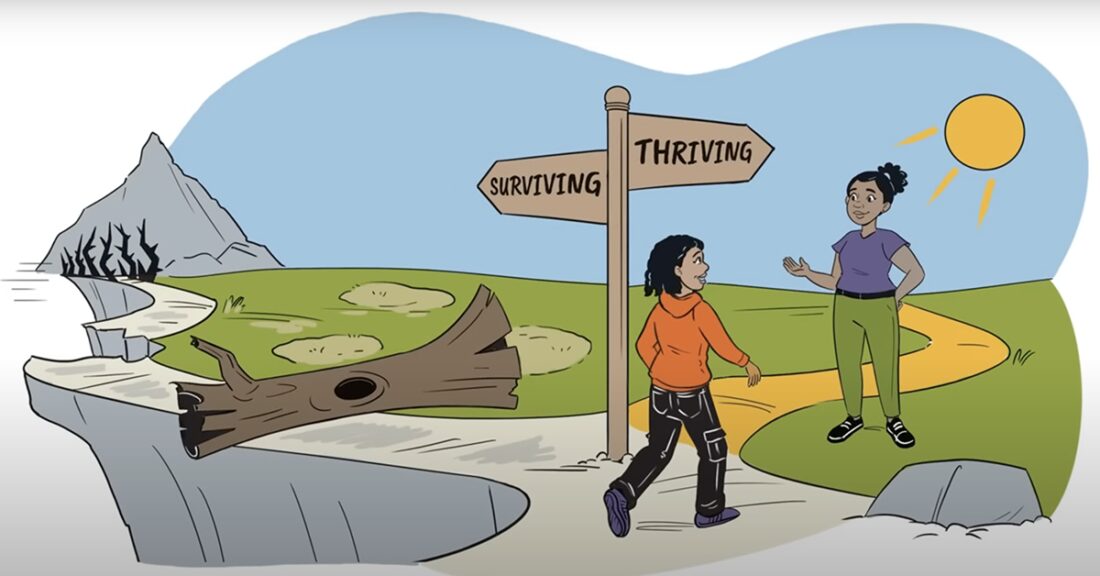Video Reframes Juvenile Probation Officer as Coach and Catalyst

A short video produced by the Annie E. Casey Foundation redefines the role of the juvenile probation officer to improve youth probation by using powerful evidence on adolescent behavior and brain development.
The video advocates for probation officers to serve as coaches and catalysts for youth to succeed on probation and beyond. In this capacity, the officers connect youth with resources that help them build skills, develop a sense of responsibility and avoid reoffending.
Juvenile probation aims to help rehabilitate young people and prevent them from deeper involvement with the justice system. Too often, however, these youth are subject to overly restrictive rules, surveillance and even confinement when they misstep, which occurs disproportionately for Black and Latino youth.
“Probation officers don’t enter this work to catch kids doing wrong. They enter this work to help kids succeed,” says Steve Bishop, associate director for system and probation transformation with the Foundation’s Juvenile Justice Strategy Group. Bishop — who narrates the video — knows this work firsthand. Earlier in his career, he was a juvenile probation officer in Harrisburg, Pennsylvania.
Brian Lovins, past president of the American Probation and Parole Association, likened probation officers to coaches in an article he co-authored for the Federal Probation Journal. The video echoes this comparison, noting that officers should nurture strengths — helping players realize their full potential — rather than acting as referees who are dedicated to spotting and enforcing rule violations.
In their role as coaches, probation officers can build relationships with young people and their families while gaining a clearer sense of their challenges and hopes. Such insights can help officers generate individualized plans — tapping local mentors, business owners, recreation directors and others — to support each youth on probation.
“Research confirms what most parents already know: Young people respond better to incentives for doing well than they do to threats of punishment,” says Opal West, a senior associate with the Foundation and former probation officer. Such an approach “has been tested with probation, and it works to motivate kids to do their best.”
Additional Resources
Go to a video on transforming juvenile probation
Read about family-engaged case planning for youth on probation
Explore frequently asked questions about juvenile probation






